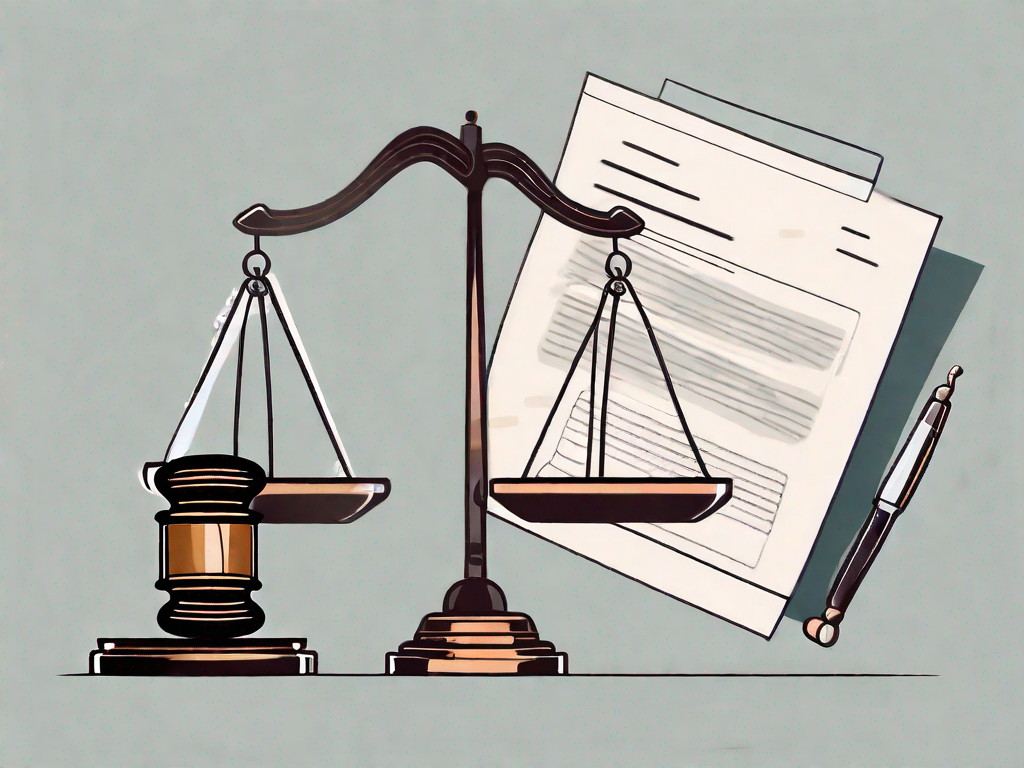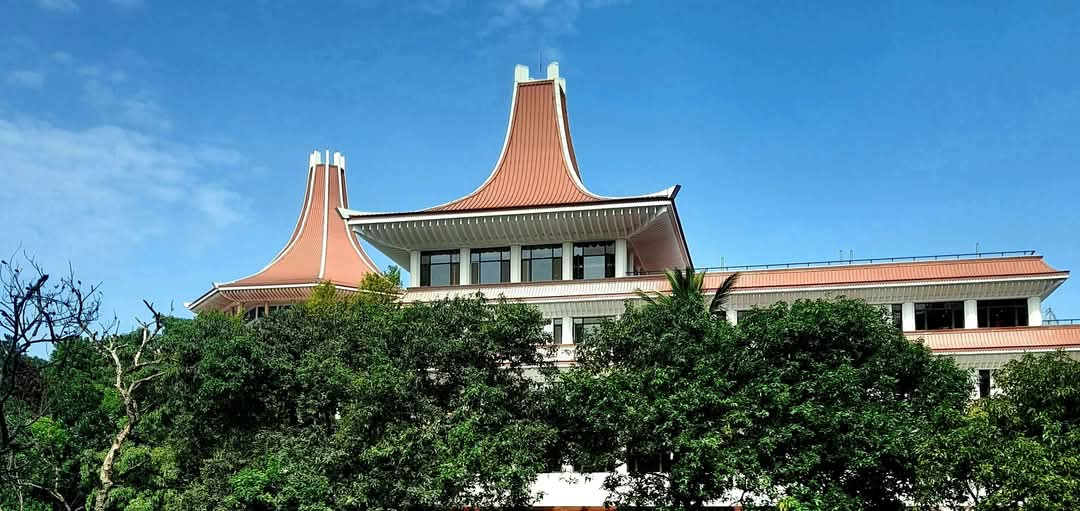The Supreme Court recently held that in order for a presumption of title to exist, in a rei vindicatio action, the Plaintiff must prove their title.
In a Rei Vindicatio Action: Plaintiff Must Prove Title to Establish Presumption of Ownership

- Restrictions on Introducing New Grounds at the Appeal Stage
The Supreme Court recently held that in order for a presumption of title to exist, in a rei vindicatio action, the Plaintiff must prove their title. The court reiterated that the burden of establishing ownership rests on the plaintiff. Furthermore, it emphasized that new grounds or arguments cannot be introduced at the appellate stage unless they constitute pure legal questions that do not require further factual inquiry.
The case revolved around a land ownership dispute where the Plaintiffs-Appellants sought a declaration of title, ejectment of the Respondents. Key issues addressed included the presumption of title in rei vindicatio actions and the introduction of new claims during the appeal process.
The Plaintiffs-Appellants initiated the case in the District Court of Colombo, claiming co-ownership of a land parcel and alleging that the Respondents had forcibly taken possession in 1992. They relied on a series of deeds to trace ownership back to one John Fernando (in 1930s). However, the Respondents contested this claim, asserting that the land was co-owned by other heirs of John Fernando and that they had acquired prescriptive title.
The District Court dismissed the Plaintiffs-Appellants’ claims. On appeal, the Court of Appeal upheld this decision, finding that the Plaintiffs-Appellants had not provided sufficient evidence to show how John Fernando obtained full ownership of the entire land. The Supreme Court found that the Plaintiffs failed to prove title to the entire land in question. Despite presenting deeds, they were unable to establish full ownership of the land, which was crucial for their rei vindicatio action.
“…Therefore, in order to answer the first question of law, it must be considered whether a presumption of title existed on part of the Appellants owing to the Appellants enjoying peaceful possession prior to being ousted by the Respondents. As discussed above in order for a presumption of title to exist the Appellants when initiating a rei vindicatio action must prove their title. However in this case based on the deeds which have been led in evidence during the trial, the Appellants failed to prove the title to the entire land on which this action was initiated….” – Justice K. Kumudini Wickremasinghe
The court also addressed the issue of raising new points at the appeal stage. The Plaintiffs-Appellants argued for the first time on appeal that they were entitled to relief as co-owners. The Supreme Court rejected this argument, noting that procedural law prohibits parties from raising new claims on appeal unless they constitute pure questions of law.
“….Upon perusal of the plaint of the Appellants that nowhere in the averments of the plaint have the Appellants referred to themselves as being co- owners of the land in suit in claiming title to undivided share of the said land. The instant action of the Appellants in fact was not initiated on a declaration of title to an undivided share of land in suit and ejectment of a trespasser from the whole land in suit. As such it appears that the question of law mentioned above has been put forth in appeal for the first time and not in accord with the case presented by the Appellants in the District Court. It is the accepted standard as per the procedural law in Sri Lanka that a party to an action cannot put forward a ground of appeal for the first time in appeal unless it might have been put forward in the Court below and in other hand the matter in question should be on which deals with the pure question of law….” – Justice K. Kumudini Wickremasinghe
CASE NO: SC APPEAL /88/2018 [Decided on 07.10.2024]
BEFORE: MURDU N.B. FERNANDO, PC, J. K.KUMUDINI WICKREMASINGHE, J. A.L. SHIRAN GOONERATNE, J.







